Growing up feeling left out can totally destroy a person’s confidence and self-worth.

Whether your family didn’t include you in important things or you didn’t have many friends, these experiences leave a mark on you not only when you’re young, but way into adulthood as well. In fact, people who felt excluded during childhood often develop these habits once they’re grown up, and that’s a real shame.
1. Taking on too many responsibilities to feel useful

They often volunteer for extra tasks or step in to help when no one else will. Their eagerness to be useful is a way to ensure they’re seen as valuable and needed. It’s a subtle way of securing their place in the group by making themselves indispensable.
2. Feeling anxious when they have to decline invitations

Turning down an invitation, even for a legitimate reason, might fill them with anxiety. They fear that saying no will lead to being left out in the future. Their anxiety stems from a need to stay connected, even when their schedule or energy level doesn’t allow for it.
3. Replaying conversations long after they’ve ended

They frequently find themselves analysing past conversations, worried they might have said something wrong. This habit is driven by a fear of being judged or rejected. It’s a way of trying to reassure themselves that they didn’t ruin the interaction or push people away.
4. Avoiding confrontation, even when it’s necessary

They often stay quiet when they’re hurt or upset, fearing that speaking up will lead to conflict. Instead of addressing issues, they suppress their feelings to keep the peace. Their tendency towards avoidance can prevent them from having honest, healthy relationships.
5. Looking for validation in small, everyday interactions
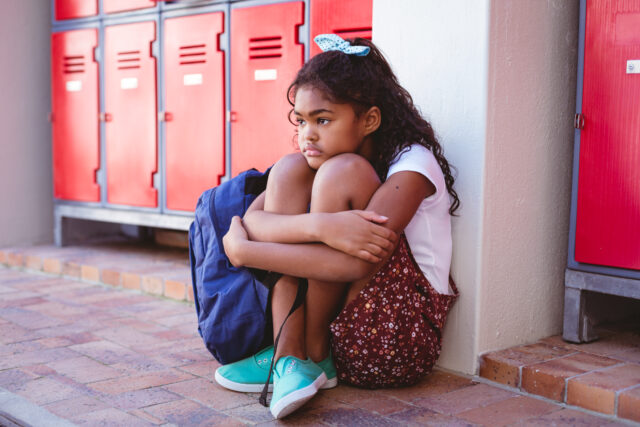
They often fish for compliments, reassurance, or positive feedback to feel secure. Their need for validation can manifest in subtle ways, like fishing for praise or double-checking that people are happy with them. It’s a way to ease lingering self-doubt.
6. Making an effort to include people who seem quiet or overlooked

They are often quick to spot someone who might be feeling left out and make a point of bringing them into the fold. Such empathetic behaviour comes from knowing how it feels to be ignored. They’re determined to make sure other people don’t feel invisible.
7. Keeping people at arm’s length emotionally
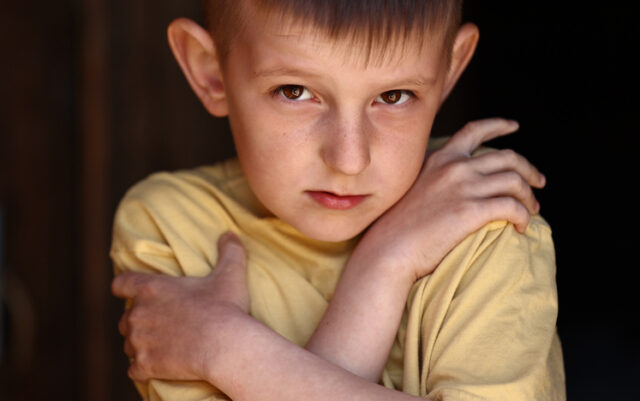
They may appear friendly and open, but there’s often a barrier that stops anyone from getting too close. The emotional distance they maintain is a protective measure to avoid being hurt. Letting someone in fully can feel risky, so they keep a part of themselves guarded.
8. Feeling awkward or self-conscious in group settings
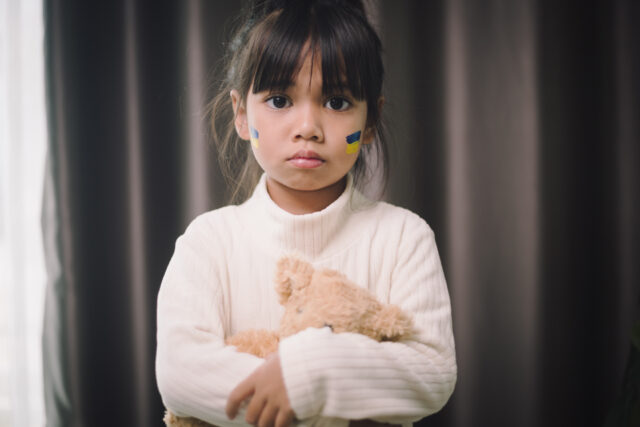
Even when surrounded by friends, they might feel out of place or unsure of where they fit in. Their awkwardness isn’t always obvious to other people, but internally, it creates a sense of discomfort. They might second-guess their presence or contribution to the group.
9. Questioning their value in friendships or relationships
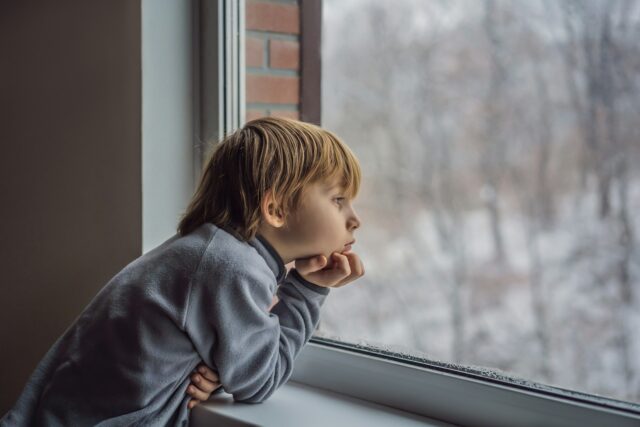 Source: Unsplash
Source: Unsplash They sometimes wonder if people genuinely enjoy their company or if they’re just being polite. That uncertainty can lead to a constant need for reassurance. Despite evidence to the contrary, they struggle to believe they are truly valued by anyone else.
10. Putting other people’s needs ahead of their own too often
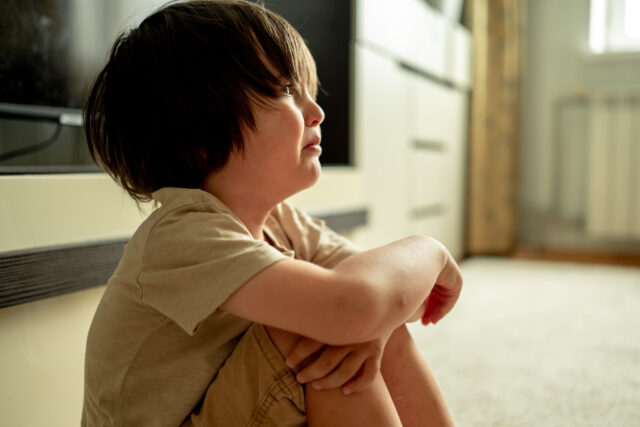
They frequently prioritise other people’s comfort or happiness, sometimes at their own expense. This habit is driven by a desire to stay in everyone’s good graces. Over time, it can lead to exhaustion or feeling like their own needs don’t matter.
11. Feeling overwhelmed in loud or crowded environments

Busy social settings like parties or large gatherings can leave them feeling overstimulated or out of place. They may prefer smaller, more controlled interactions where they feel safer. The chaos of large groups can trigger old feelings of being overlooked.
12. Using humour as a way to connect

They might rely on jokes or witty comments to ease social tension or make themselves more likeable. Humour becomes a tool for bridging gaps and avoiding serious or vulnerable topics. It’s a way to feel accepted while keeping things light and deflecting attention from insecurities.
13. Feeling uneasy when they see tight-knit groups

Close friendships or exclusive groups can spark feelings of discomfort or envy. They may not actively dislike cliques, but seeing them can stir up old emotions. The reminder of not being part of something can trigger an underlying sense of loneliness.
14. Avoiding expressing their true feelings
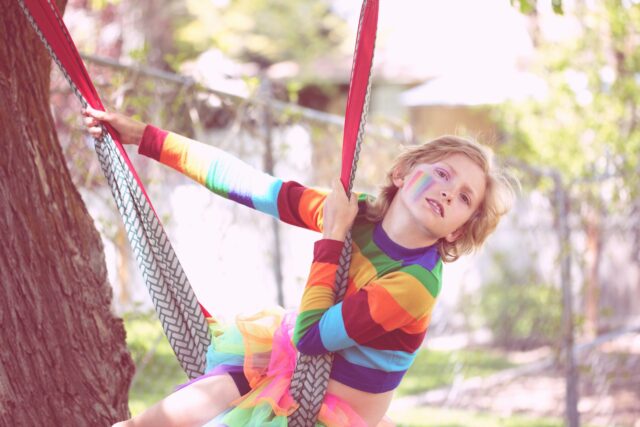 Source: Unsplash
Source: Unsplash They often hold back from sharing their thoughts, wants, or frustrations. Speaking up about what they really feel can seem like a risk. Instead, they bottle things up, fearing that honesty will lead to rejection or disappointment.
15. Trying to be the “easy” person in every situation
 Source: Unsplash
Source: Unsplash They may go out of their way to be agreeable, adaptable, and low-maintenance. They believe that if they’re easy to be around, people will keep them in their lives. The constant effort to be hassle-free can wear them down and leave them feeling unappreciated.




